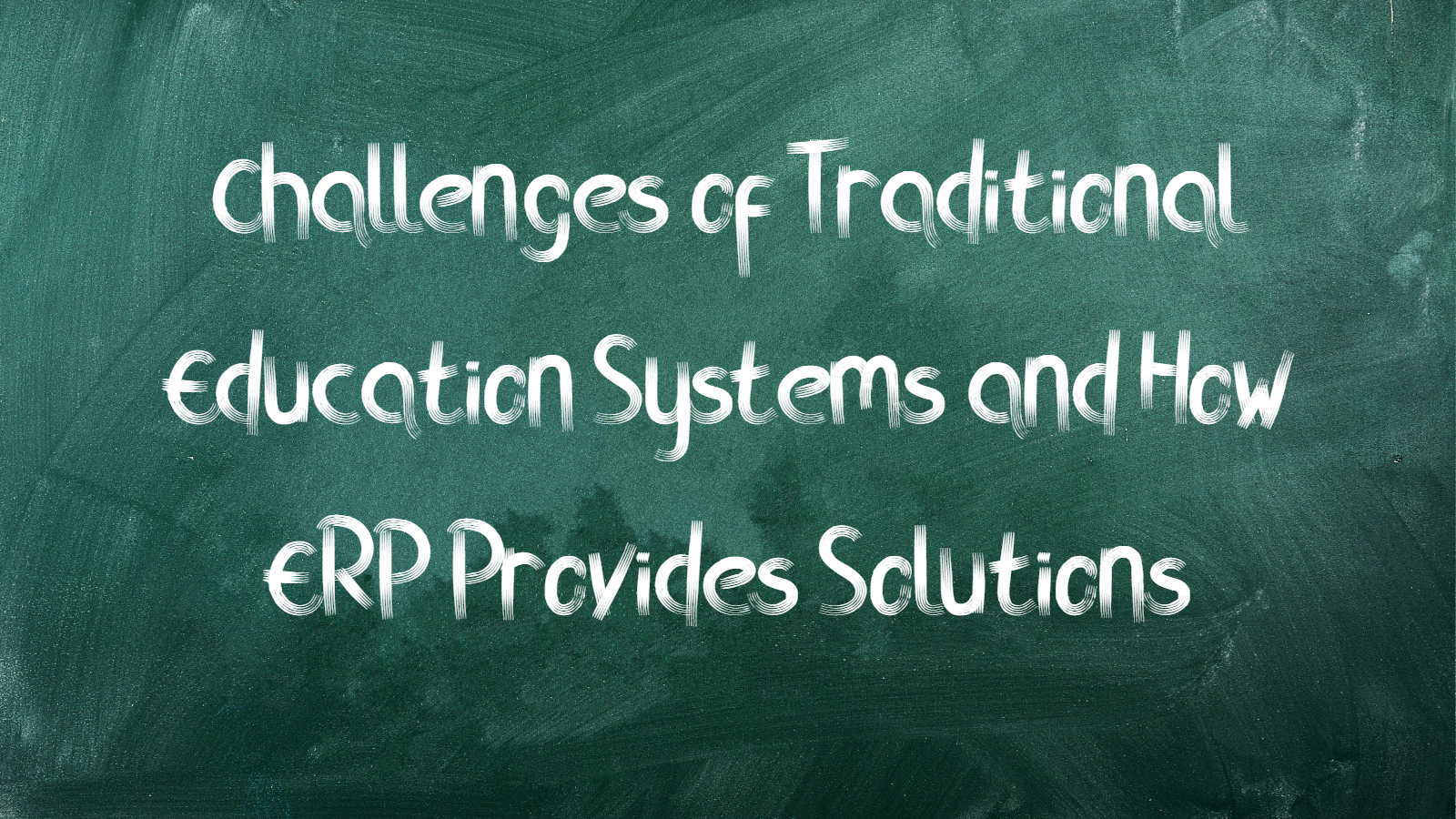Introduction
Imagine juggling dozens of Excel sheets, each overflowing with contact details, meeting notes, and follow-up tasks. Sounds overwhelming, right?
Now, picture a smart, centralized platform where you can find all your customer interactions readily accessible, organized, and with insights. That’s the magic of Customer Relationship Management (CRM) software.
But how do you know which tool to choose: the spreadsheet or the CRM? This blog post is here to help you make a decision.
The Limitations of Spreadsheets
Spreadsheets have been a staple for data management, but they come with limitations when used as a primary tool for customer relationship management. Here’s a closer look at some of the challenges businesses face when relying solely on spreadsheets:
Data Fragmentation
Spreadsheets often lead to fragmented data across multiple sheets, making it challenging to maintain a comprehensive view of customer information. Without a centralized database, businesses may struggle to track interactions, purchases, and communication history effectively.
Limited Collaboration
Spreadsheets are not designed for seamless collaboration, making it difficult for teams to work cohesively on customer-related tasks. Lack of real-time updates can result in miscommunication and delays in addressing customer needs.
Inefficient Reporting
Generating meaningful reports from spreadsheets can be time-consuming and prone to errors. Businesses may miss out on valuable insights due to the inability to analyze data comprehensively.
The Power of CRM
Now, let’s explore the reasons why upgrading to a CRM system is a game-changer for businesses looking to elevate their customer relationship management:
Centralized Customer Data
CRM platforms provide a centralized hub for storing and managing customer data, ensuring a 360-degree view of each customer. This approach enables businesses to understand customer behavior, preferences, and history in a more organized and accessible manner.
Enhanced Collaboration
CRM systems facilitate seamless collaboration among team members by providing a shared platform for real-time updates and communication. This collaborative environment ensures that everyone in the organization is on the same page regarding customer interactions, leading to improved customer service.
Automation for Efficiency
CRM systems offer automation features that streamline repetitive tasks, such as data entry, follow-ups, and lead nurturing. By automating these processes, businesses can significantly increase efficiency, allowing their teams to focus on more strategic and value-added activities.
In-depth Analytics and Reporting
CRM platforms come equipped with robust analytics tools that enable businesses to derive actionable insights from customer data.
Comprehensive reporting features empower organizations to make informed decisions, identify trends, and forecast future customer behavior.
A Look at Statistics
Improvement in Sales Revenue
According to a survey by Nucleus Research, businesses using CRM experienced an average of 41% increase in sales revenue. The ability to track and manage leads effectively contributed significantly to the boost in sales performance.
Enhanced Customer Retention
A study by Aberdeen Group found that companies using CRM saw a 26% increase in customer retention rates. CRM’s ability to personalize interactions and anticipate customer needs plays a pivotal role in fostering long-term customer relationships.
Time Savings and Productivity Gains
Research from Salesforce indicates that businesses using CRM save an average of 4 hours per week for each sales representative. Automation and streamlined processes contribute to significant time savings, allowing teams to focus on strategic initiatives.
Conclusion
Remember: Your customer relationships are your business’s core. So, choose the tool that empowers you to nurture them, build trust, and drive growth. With the right information and a clear understanding of your needs, you can conquer the customer puzzle and unlock the full potential of your business.
Frequently Asked Questions (FAQs)
Why should I consider upgrading from spreadsheets to CRM for my business?
Upgrading to CRM offers a centralized platform for managing customer data, fostering collaboration, and automating tasks. This strategic move enhances overall efficiency, and customer satisfaction, and provides valuable insights for informed decision-making.
Can’t spreadsheets serve the same purpose as CRM? What makes CRM superior?
While spreadsheets are versatile, CRM systems are specifically designed for comprehensive customer relationship management. CRM provides a centralized database, automation capabilities, and collaborative tools, offering a more tailored and efficient solution compared to spreadsheets.
How does CRM help in overcoming the limitations of spreadsheets, such as data fragmentation?
CRM consolidates customer data into a centralized hub, eliminating the fragmentation seen in spreadsheets. This ensures a holistic view of customer information, making it easier to track interactions, purchases, and communication history seamlessly.
Are CRM systems complicated to implement, and will they disrupt my current business operations?
CRM implementation can be smooth with proper planning. Many CRM providers offer user-friendly interfaces, and the transition can be phased in to minimize disruptions. The long-term benefits, such as increased efficiency and productivity, outweigh any short-term adjustments.
How does CRM enhance collaboration within a business?
CRM systems provide a shared platform for real-time updates, communication, and task management. This fosters seamless collaboration among team members, ensuring everyone is on the same page regarding customer interactions and facilitating improved teamwork.
Can CRM save time, and how does it contribute to increased productivity?
Yes, CRM systems offer automation features that streamline repetitive tasks, saving significant time for teams. By automating data entry, lead nurturing, and other processes, employees can focus on more strategic and value-added activities, ultimately boosting productivity.
Is CRM only beneficial for sales teams, or can it be utilized by other departments within a business?
CRM is versatile and can be beneficial for various departments, including marketing, customer support, and even management. It provides a holistic view of customer interactions, aiding different teams in tailoring their strategies for improved overall business performance.
How does CRM contribute to better customer satisfaction and retention?
CRM enables personalized interactions, timely follow-ups, and a deeper understanding of customer needs. The ability to anticipate and fulfill customer expectations leads to improved satisfaction and, subsequently, higher retention rates.
Is CRM suitable for businesses of all sizes, or is it more suited to larger enterprises?
CRM solutions come in various sizes and can be scaled to fit the needs of businesses of all sizes. Whether you’re a small startup or a large enterprise, there are CRM options designed to match your specific requirements and budget.








